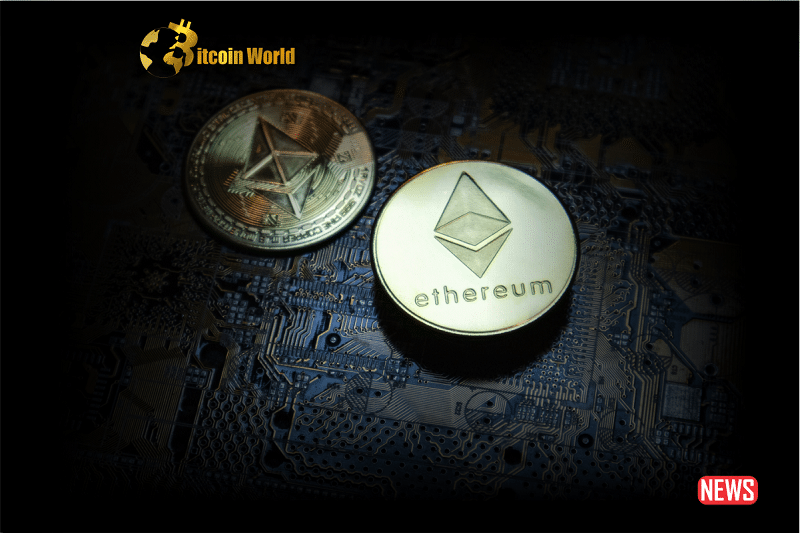As the most searched altcoin, Ethereum has captured the attention of crypto enthusiasts, investors, and technologists worldwide. In this article, we will dive into the world of Ethereum, exploring its history, key features, and the transformative impact it has had on the blockchain industry.
The Birth of Ethereum
Ethereum emerged in 2015, founded by Vitalik Buterin, a visionary programmer, and a team of talented developers. It was born out of the desire to build a decentralized platform that could support the development of smart contracts and decentralized applications (dApps).
Understanding Ethereum’s Key Features
- Smart Contracts: Ethereum introduced the concept of smart contracts, which are self–executing contracts with predefined conditions and automated actions. These contracts eliminate the need for intermediaries, bringing transparency and efficiency to various industries.
- Ethereum Virtual Machine (EVM): The Ethereum Virtual Machine is a runtime environment that executes smart contracts. It enables developers to write code in various programming languages and deploy it on the Ethereum network.
- Ether (ETH): Ether is the native cryptocurrency of the Ethereum network. It serves as a fuel for executing transactions and smart contracts on the platform.
- Decentralized Applications (dApps) on Ethereum: Decentralized applications are a fundamental aspect of Ethereum’s ecosystem. These applications operate on a peer-to-peer network, eliminating the need for intermediaries and enabling direct interactions between users. Somenotable dApps built on Ethereum include decentralized exchanges, gaming platforms, decentralized finance (DeFi) applications, and more.
Ethereum’s Impact on the Blockchain Industry
-
- Tokenization and ICOs: Ethereum’s smart contract capabilities have facilitated the tokenization of assets and the emergence of Initial Coin Offerings (ICOs). ICOs enabled startups to raise funds by issuing their own tokens, democratizing investment opportunities.
-
- Interoperability and Standards: Ethereum has promoted interoperability and standardization within the blockchain space. The Ethereum community has developed common standards such as ERC–20 and ERC–721, which have become widely adopted by other blockchain projects.
-
- DeFi Revolution: Ethereum’s programmability has fueled the explosive growth of decentralized finance (DeFi). DeFi applications on Ethereum enable users to lend, borrow, trade, and earn interest without relying on traditional financial intermediaries.
- Ethereum 2.0: The Next Evolution: Ethereum is on the brink of a major upgrade known as Ethereum 2.0. This upgrade aims to address the scalability and sustainability challenges faced by the current Ethereum network. Ethereum 2.0 will transition from a proof–of–work (PoW) consensus mechanism to a proof–of–stake (PoS) consensus mechanism, enhancing scalability and reducing energy consumption.
Conclusion
Ethereum has revolutionized the blockchain industry, empowering developers to create smart contracts and decentralized applications that are transforming various sectors. As the most searched altcoin, Ethereum continues to be at the forefront of innovation, driving the adoption of blockchain technology. With the upcoming Ethereum 2.0 upgrade, the platform’s potential for scalability and sustainability will be further unlocked. Whether you are an investor, developer, or simply curious about cryptocurrencies, Ethereum’s impact and potential cannot be ignored. It have laid the foundation for a decentralized future where trust and efficiency are embedded in every transaction and interaction.
Disclaimer: The information provided is not trading advice, Bitcoinworld.co.in holds no liability for any investments made based on the information provided on this page. We strongly recommend independent research and/or consultation with a qualified professional before making any investment decisions.




